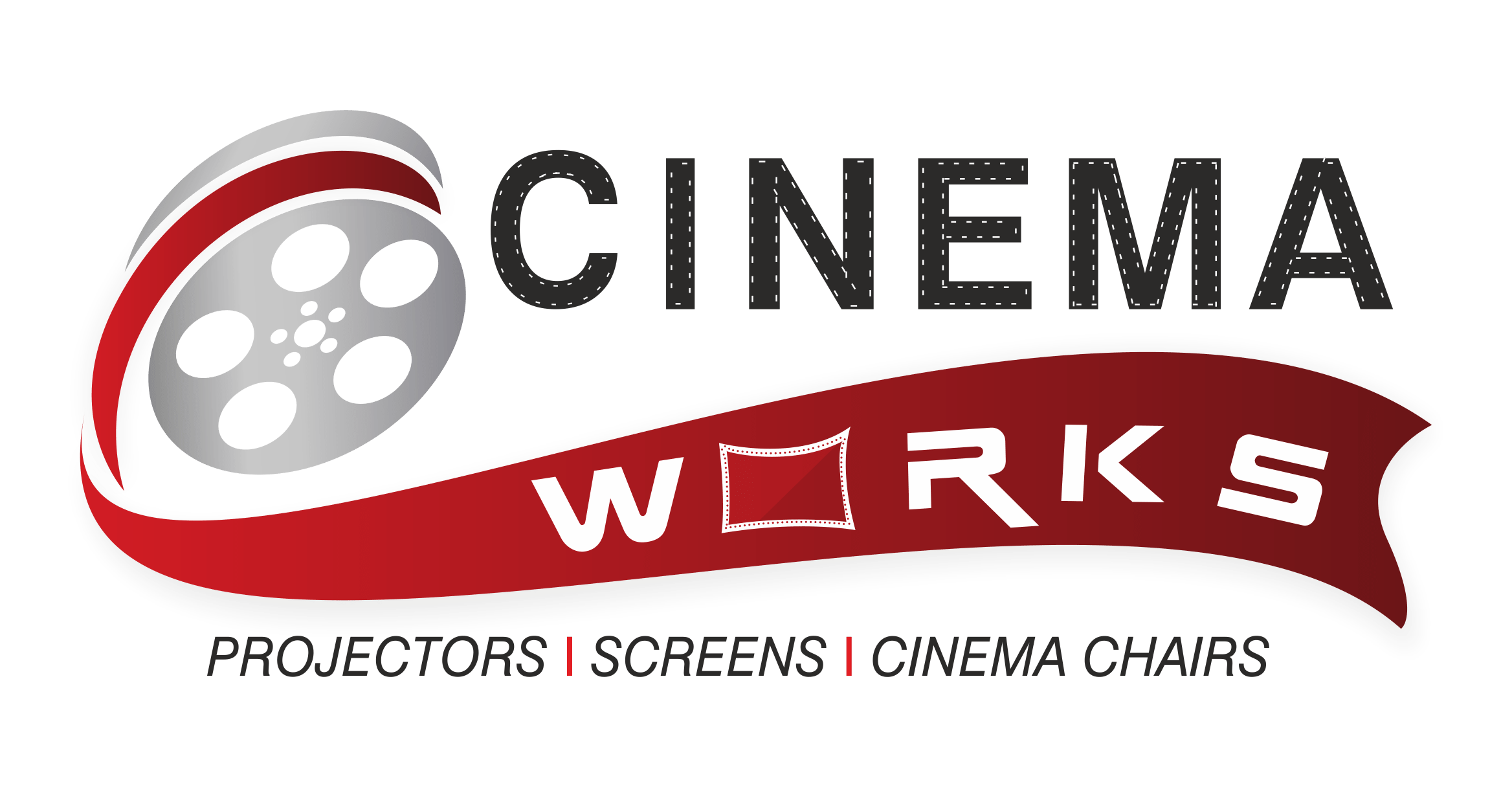Building a Successful Cinema: A Business Plan for New and Existing Cinemas
Introduction: Navigating the Evolving Landscape of Cinema
The cinema industry is dynamic, constantly adapting to technological advancements and shifting audience preferences. This article provides a comprehensive business plan framework for both new and existing cinemas looking to thrive in this competitive environment. We’ll explore key areas crucial for success, from strategic location analysis and programming to innovative customer experience strategies and effective marketing.
Market Research and Analysis: Understanding Your Audience
Before investing, thorough market research is paramount. This involves:
- Demographic analysis: Identify your target audience’s age, income, and lifestyle preferences.
- Competitive analysis: Study existing cinemas in your area, their pricing, offerings, and strengths/weaknesses.
- Demand forecasting: Project potential attendance based on population density, disposable income, and local entertainment options.
- Location analysis: Evaluate accessibility, parking availability, and proximity to residential areas and other attractions.
Financial Planning: Budgeting and Funding Strategies
A robust financial plan is the cornerstone of any successful business. This includes:
- Startup costs: Detailed breakdown of expenses including real estate, construction/renovation, equipment (projectors, sound systems, seating), licensing, and initial marketing.
- Operating expenses: Projection of ongoing costs such as staff salaries, utilities, film rentals/licensing, marketing, and maintenance.
- Revenue projections: Estimate ticket sales, concessions revenue, and potential additional income streams (private events, advertising).
- Funding sources: Explore options including bank loans, investors, grants, and personal investment.
Programming and Content Strategy: Beyond Blockbusters
Attracting and retaining audiences requires a diverse and engaging programming strategy:
- Film selection: Balance blockbuster releases with independent films, documentaries, and foreign language cinema to cater to diverse tastes.
- Special screenings: Host themed screenings, midnight movies, classic film festivals, and Q&A sessions with filmmakers.
- Content partnerships: Collaborate with film distributors and festivals to secure exclusive screenings and special events.
- Data-driven programming: Analyze audience data to understand viewing preferences and tailor programming accordingly.
Technology and Infrastructure: Enhancing the Cinema Experience
Investing in cutting-edge technology enhances the cinema experience:
- High-quality projection and sound systems: Offer immersive viewing experiences with the latest projection and audio technology.
- Comfortable seating: Provide spacious and comfortable seating with options like recliner chairs for a premium experience.
- Digital ticketing and online booking: Simplify the ticket purchase process with user-friendly online booking and mobile ticketing options.
- Loyalty programs and customer relationship management (CRM): Build customer loyalty through rewards programs and personalized communication.
Marketing and Promotion: Reaching Your Target Audience
Effective marketing is vital for attracting customers:
- Digital marketing: Utilize social media, search engine optimization (SEO), and online advertising to reach a wider audience.
- Local partnerships: Collaborate with local businesses, schools, and community organizations to promote your cinema.
- Public relations: Build relationships with local media outlets to generate positive publicity.
- Promotional offers: Offer discounts, special deals, and loyalty programs to incentivize repeat visits.
Customer Service and Experience: Creating a Memorable Visit
Exceptional customer service is crucial for building a positive reputation:
- Friendly and helpful staff: Train staff to provide excellent customer service and create a welcoming atmosphere.
- Clean and well-maintained facilities: Ensure the cinema is clean, comfortable, and well-maintained.
- Concessions strategy: Offer a variety of high-quality concessions at competitive prices.
- Feedback mechanisms: Actively solicit customer feedback to continuously improve the cinema experience.
Conclusion: Adaptability and Innovation for Long-Term Success
The cinema industry demands adaptability and innovation. By understanding your audience, investing in technology, and prioritizing customer experience, you can build a successful and thriving cinema business. Continuous monitoring of market trends, audience feedback, and technological advancements will be crucial for long-term success in this dynamic landscape.
